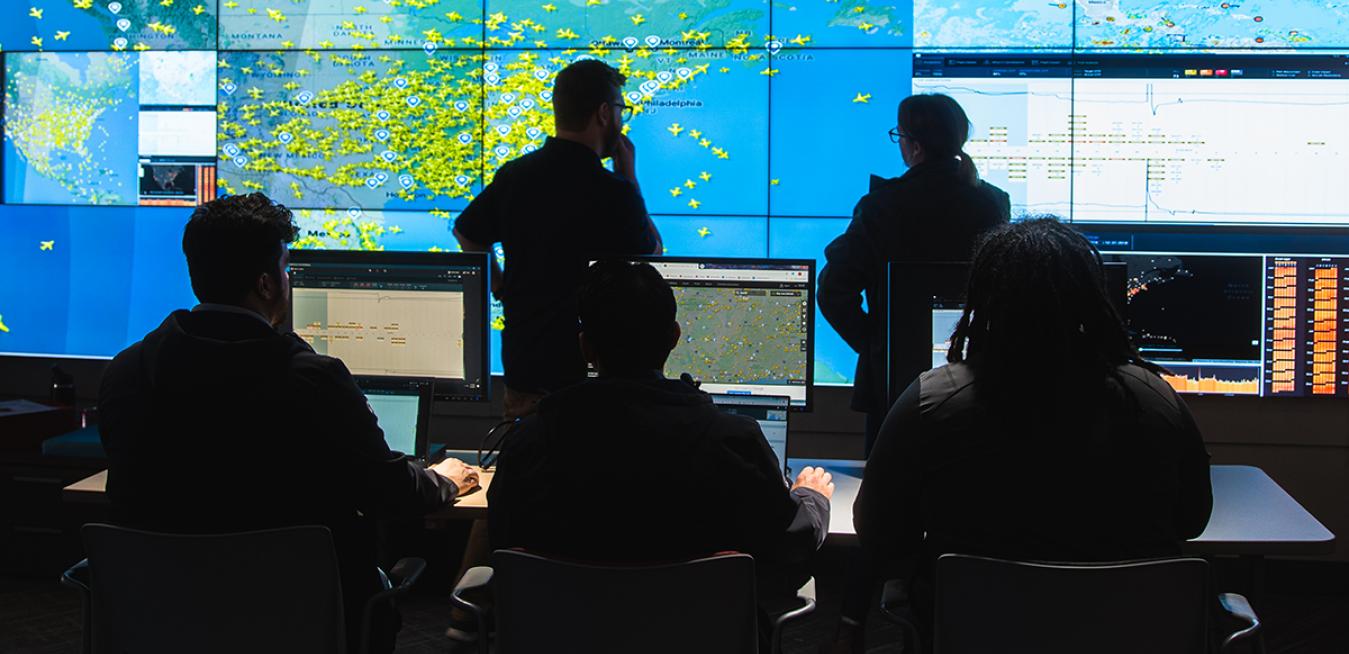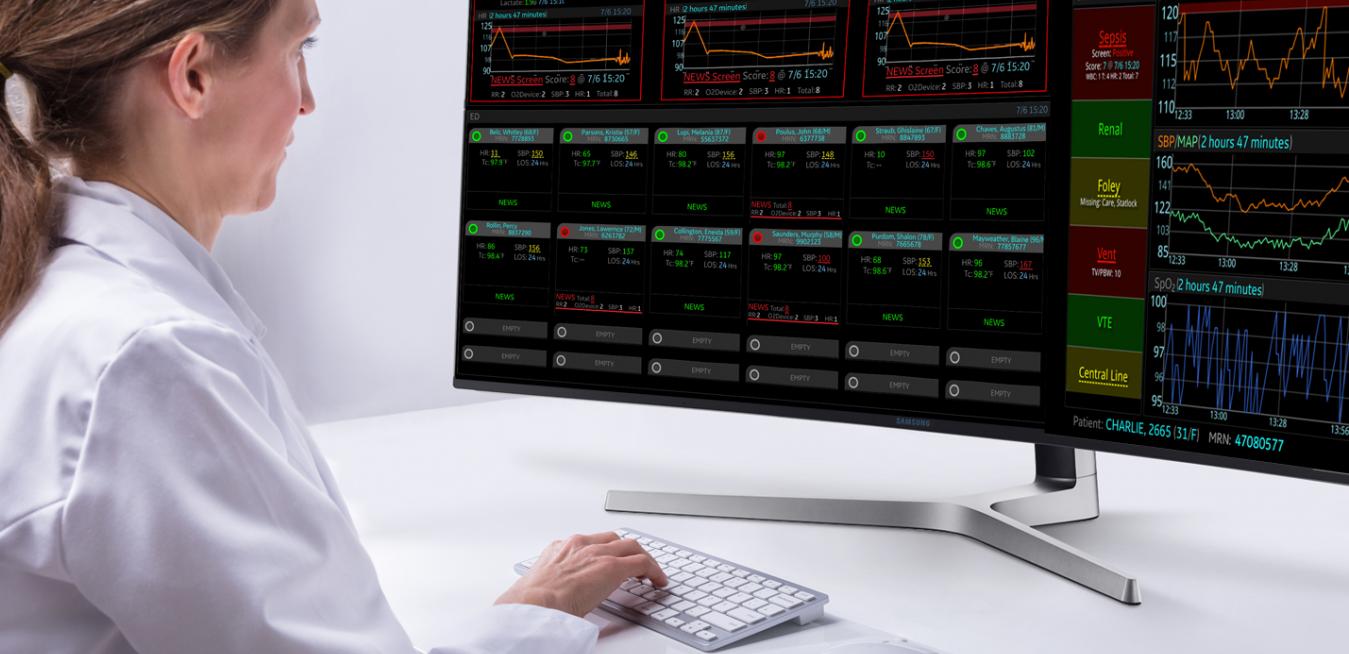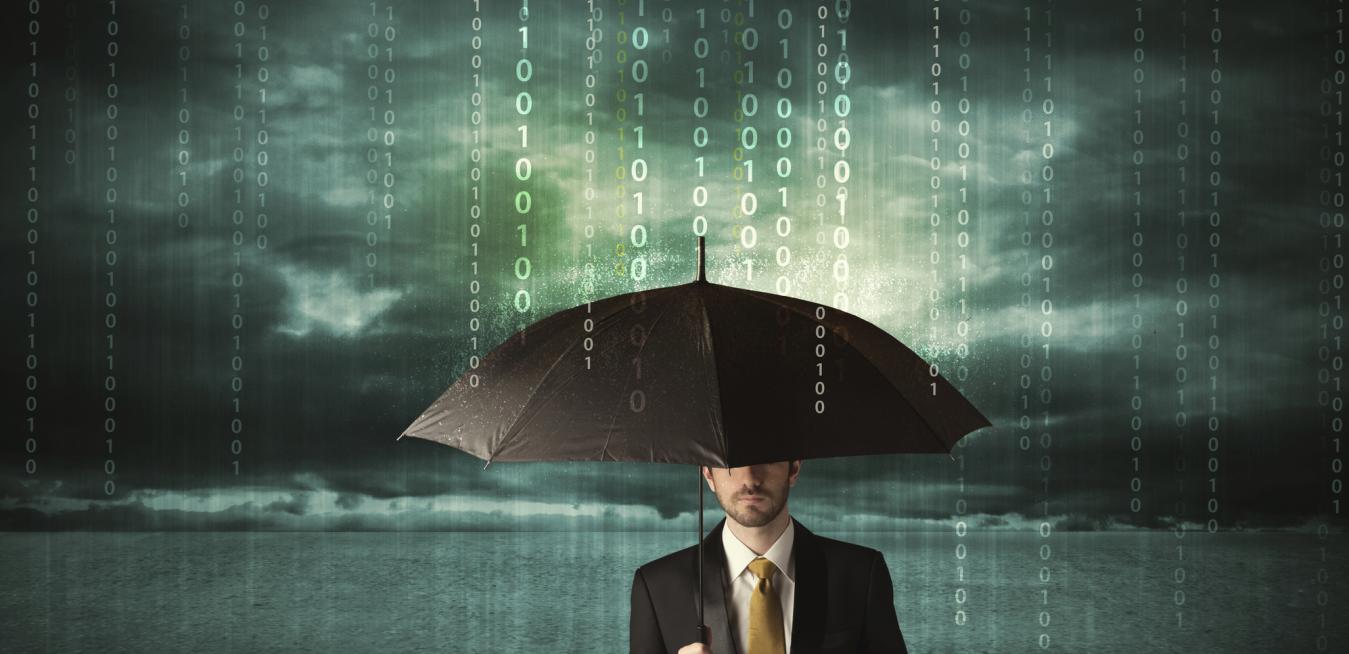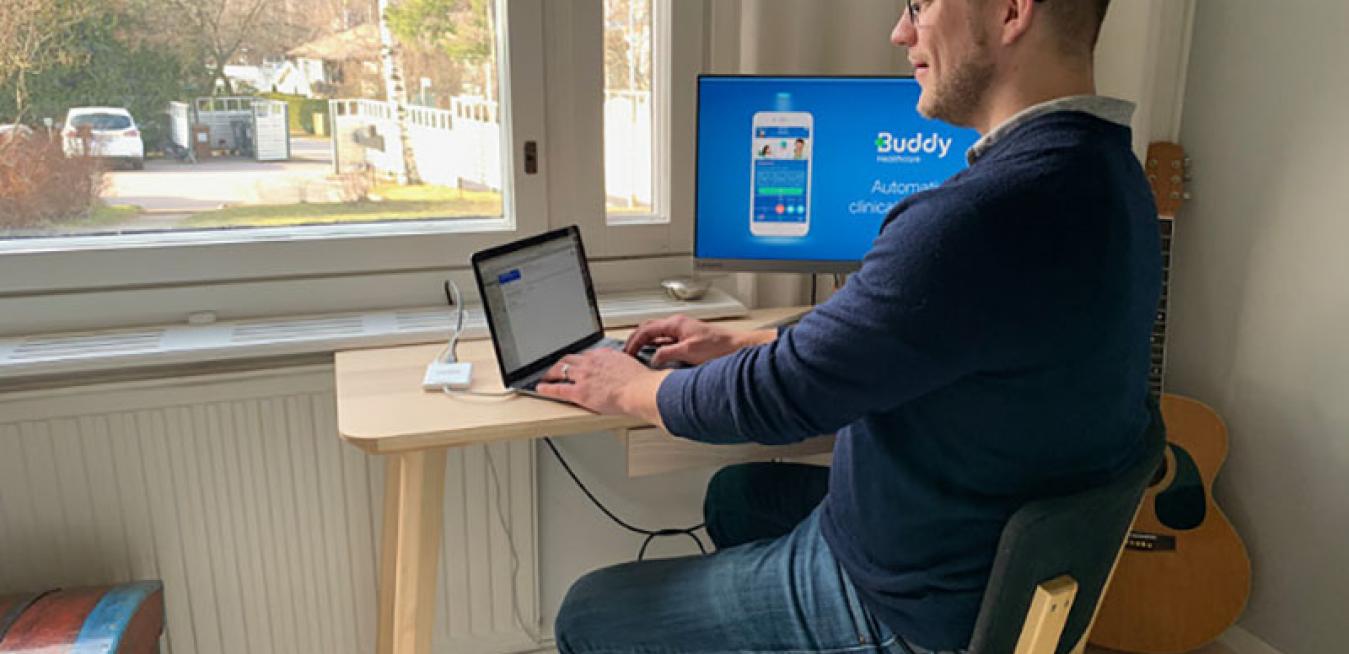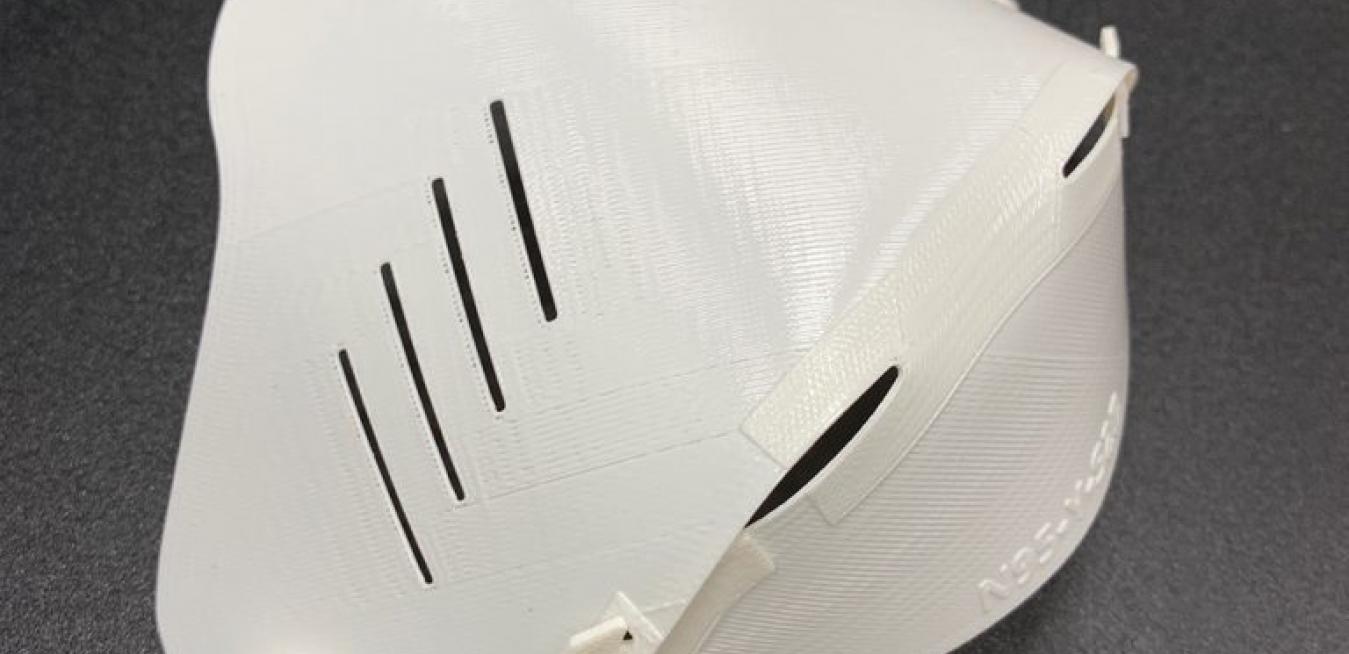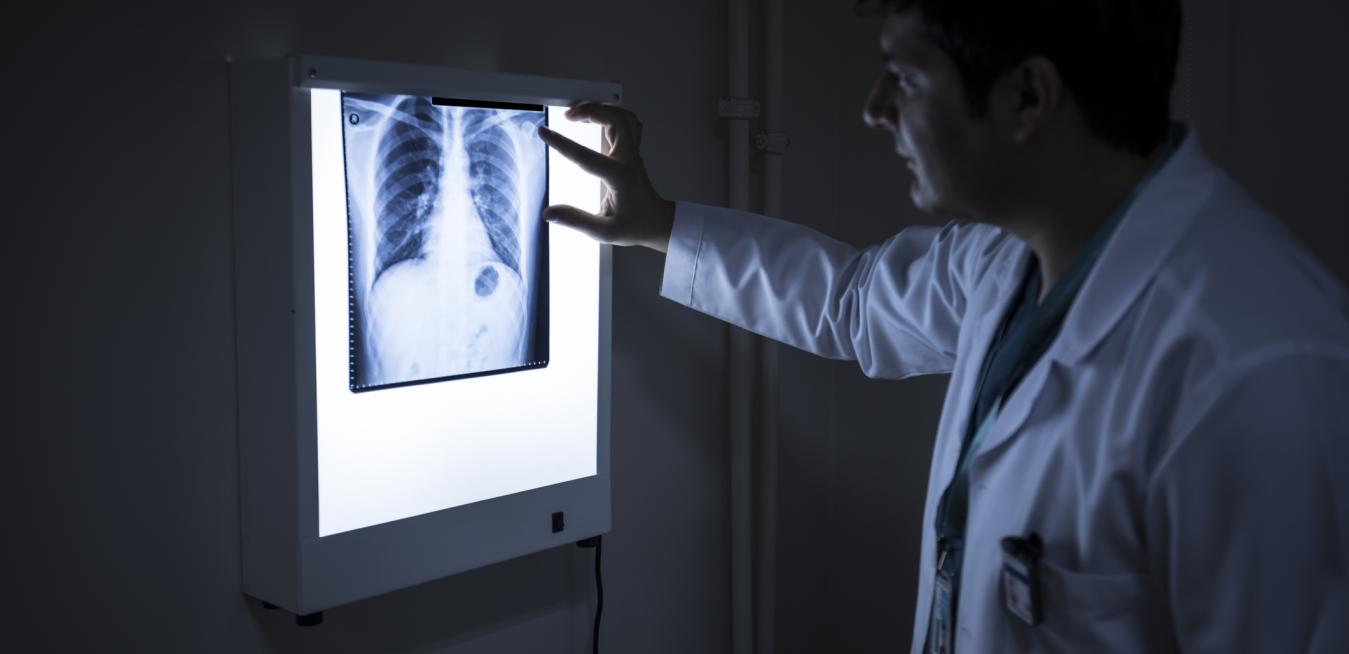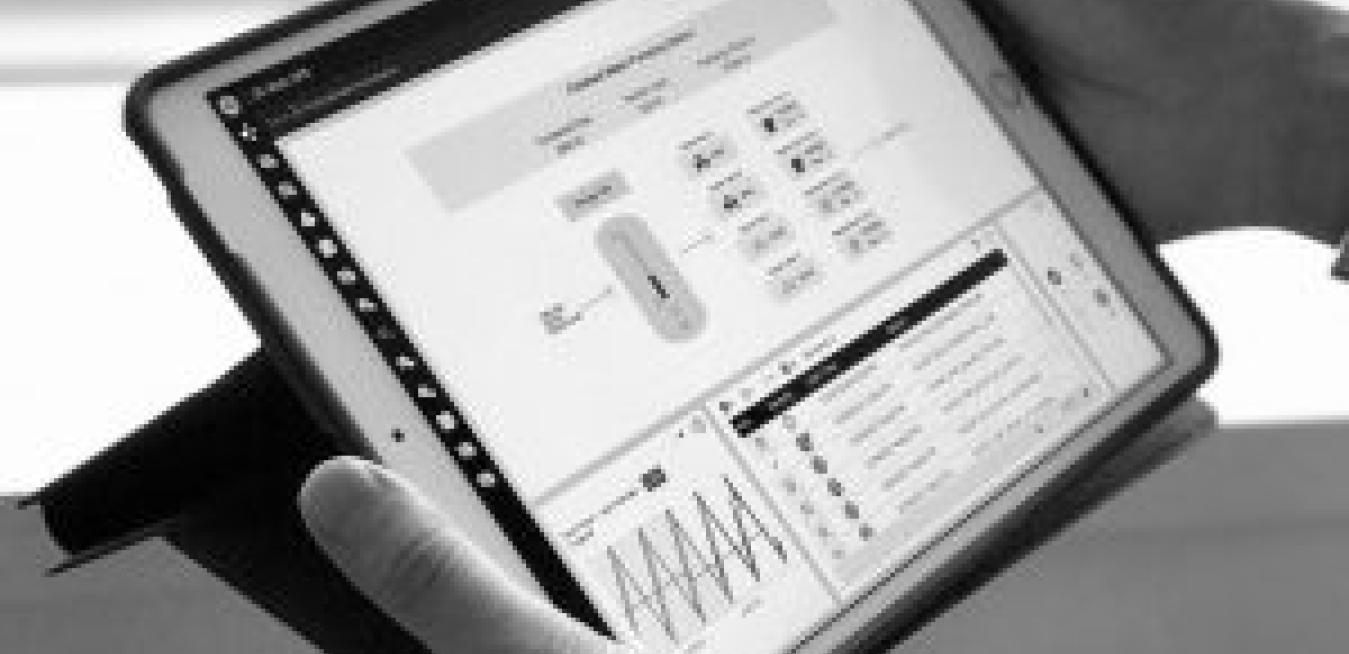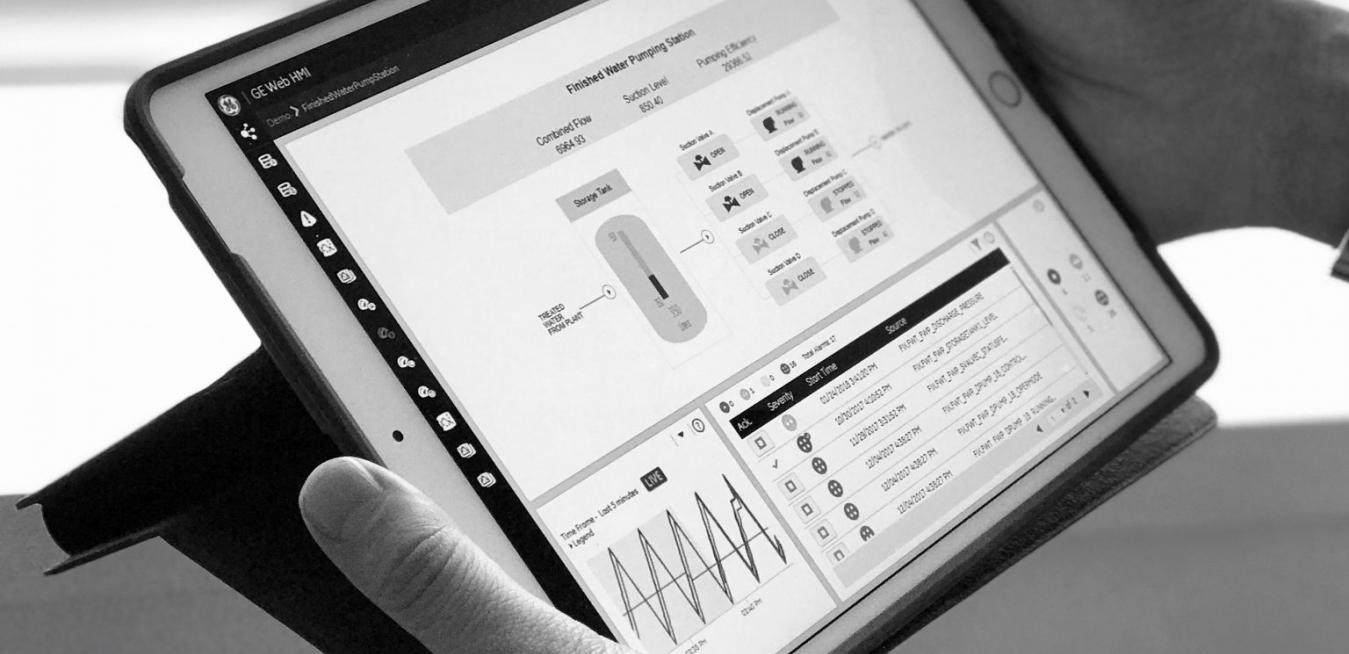News and insights from Vietnam
The coronavirus pandemic has hit the aviation industry hard. Empty airports, canceled flights and disrupted balance sheets are hurting air carriers all over the world. But the market turbulence may also point to new ways of running the business. As hard as it is, the global pandemic could become a transformative event, speeding up the adoption of data and digital systems across the industry.
Doctors and nurses are, by nature, resourceful problem-solvers, using the tools they have available to save as many lives as possible. During the COVID-19 pandemic, that means finding new ways to observe their patients while lowering their own risk of infection and addressing the shortage of personal protective equipment (PPE).
Millions of Americans have been told by state officials to stay home to help slow the spread of the coronavirus. But working from home isn’t an option for everyone, and some operations deemed essential and allowed to stay open can’t slow down or stop, even temporarily: Utilities have to keep the lights on and the water running, for instance.
A month ago, Jussi Määttä didn’t think he would be part of the fight against COVID-19, the disease caused by the novel coronavirus. His Helsinki-based company, Buddy Healthcare, makes an app that helps hospitals ensure that patients are taking the necessary steps — like fasting, avoiding blood thinners and doing stretching — before and after surgery.
This moment is like nothing we’ve seen before in our lifetimes—impacting all our communities and disrupting lives everywhere. We are all concerned for our loved ones and our future. In our business, given the nature of what we do and, in turn, the basic but essential actions we help enable others to do—turn on the lights, refrigerate food, receive important medical care—our employees continue to play a crucial role every day. Our priority remains the health and safety of our teams, and we have put extra precautions in place across our business to protect employees.
As COVID-19, the disease caused by the new coronavirus, started cropping up across the United States in March, Caroline Shaw knew the pandemic would alter many parts of her job as a sourcing manager at GE Renewable Energy’s wind turbine factory in Pensacola, Florida. What Shaw hadn’t expected was for the virus to present her with a problem that seemed to have no simple solution.
On March 19, General Electric, the US leading energy and technology company, hosted a signing ceremony of a wind turbine supply contract with Phuong Mai Wind Power JSC at its office in Hanoi.
Accordingly, General Electric (GE) will provide wind turbines for Phuong Mai 1 Wind Power Plant in Binh Dinh, with a total contract value of over 13 million USD.
The ceremony had the presence of GE Vietnam employees and leaders and online observation of representatives from several Asian regional branches.
The rush to curb the spread of the COVID-19 disease caused by the novel coronavirus got a shot in the arm this week, as GE donated a seven-figure gift to the United Nations Foundation to fund treatment and research. “We’re always willing to step up whenever and wherever we possibly can to make a difference in a time of crisis,” says David Barash, the executive director of the GE Foundation — the company’s philanthropic arm.
Social distancing and stay-at-home orders may be necessary to fight COVID-19, the disease caused by the novel coronavirus. But the directives create a dilemma for industrial companies that need to continue operations to provide some of the most essential services, like water, electricity, and consumer products.
Social distancing and stay-at-home orders may be necessary to fight COVID-19, the disease caused by the novel coronavirus. But the directives create a dilemma for industrial companies that need to continue operations to provide some of the most essential services, like water, electricity, and consumer products.
